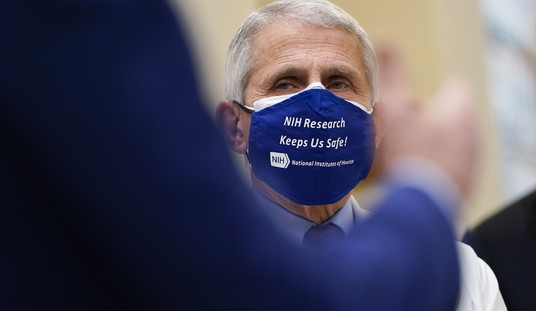In a significant development for Russia-U.S. relations, Russian President Vladimir Putin held an extensive meeting with Steve Witkoff, a special envoy appointed by U.S. President Donald Trump, in St. Petersburg on Friday. The nearly five-hour discussion, described as "extremely productive" by Russian investment envoy Kirill Dmitriev, signals a potential thaw in the often-tense relationship between Moscow and Washington. However, Dmitriev warned that external forces are actively working to undermine this budding dialogue.
JUST IN - Many nations trying to 'derail' Russia talks with US, Kremlin negotiator says
— Insider Paper (@TheInsiderPaper) April 17, 2025
The meeting, which took place in the historic former imperial capital, included key Russian figures such as Putin’s foreign policy aide Yuri Ushakov and Dmitriev himself. Speaking to reporters in the Kremlin during a concurrent visit by Qatari Emir Sheikh Tamim bin Hamad Al-Thani, Dmitriev emphasized the constructive nature of the talks. "A very useful dialogue is going on," he said, acknowledging the challenging environment marked by "constant attacks and constant misinformation" from various unidentified media and entities.
While details of the conversation remain limited, Witkoff’s post-meeting remarks to Fox News shed light on its potential implications. He suggested that the discussion clarified Putin’s vision for achieving lasting peace in Ukraine, a conflict that has strained global geopolitics since Russia’s invasion in 2022. Witkoff expressed cautious optimism, stating, "I think that we might be on the verge of something that would be very, very important for the world at large." He also hinted at "very compelling commercial opportunities" that could strengthen economic ties between the two nations.
Dmitriev’s comments point to a broader concern about external interference in Russia-U.S. relations. Without naming specific countries or organizations, he alluded to efforts by certain "structures" to disrupt the dialogue. This claim aligns with Russia’s frequent accusations of Western media and governments spreading narratives aimed at isolating Moscow diplomatically. The Kremlin has long maintained that such actions complicate efforts to engage constructively with the United States, particularly on contentious issues like Ukraine, trade, and sanctions.
Kremlin Says Trump Envoy Witkoff to Brief Europeans on Ukraine Peace Talks
— Wolf Brief (@wolfbrief_) April 17, 2025
The Kremlin says U.S. envoy Steve Witkoff will use a Paris meeting to update European and Ukrainian officials on the current status of peace negotiations with Russia.
Kremlin spokesman Dmitry Peskov… pic.twitter.com/UDwJPeQ7tw
RELATED: BREAKING: Vladimir Putin Agrees 'In Principle' to Russian Ceasefire With Ukraine
Trump Envoy Steve Witkoff Responds Accordingly As CNN Hit Piece on Marco Rubio Completely Unravels
From a broader perspective, the Putin-Witkoff meeting reflects both the opportunities and challenges of rekindling high-level communication between Russia and the United States. The length of the discussion and the involvement of senior aides suggest a serious commitment to exploring common ground, particularly on resolving the Ukraine conflict and fostering economic cooperation. However, the backdrop of geopolitical tensions, mutual distrust, and competing global interests creates a fragile context for progress.
Witkoff’s role as a special envoy, reportedly chosen for his business acumen and close ties to Trump, indicates a pragmatic approach by the U.S. administration to leverage personal diplomacy. His mention of commercial prospects aligns with Trump’s historical emphasis on economic incentives as a tool for diplomacy. For Russia, engaging with a figure like Witkoff may represent an opportunity to bypass traditional diplomatic channels, which have often been bogged down by bureaucratic and political hurdles.
Yet, the road ahead remains fraught. Dmitriev’s warning about disinformation and external disruptions underscores the difficulty of sustaining momentum in Russia-U.S. relations. Both nations face domestic and international pressures that could derail tentative steps toward cooperation. For instance, any perceived concessions by either side on Ukraine could provoke backlash from allies or domestic constituencies. Moreover, the lack of transparency about the meeting’s specifics fuels speculation and skepticism, potentially amplifying the misinformation Dmitriev decried.
As global observers await further developments, the Putin-Witkoff meeting serves as a reminder of the complex interplay between diplomacy, economics, and information in shaping international relations. While the prospect of a breakthrough on Ukraine or new economic partnerships is tantalizing, the persistent challenges of mistrust and external interference suggest that any progress will require careful navigation. For now, the dialogue between Moscow and Washington appears to be a delicate work in progress, with the world watching closely for signs of what may come next.













Join the conversation as a VIP Member